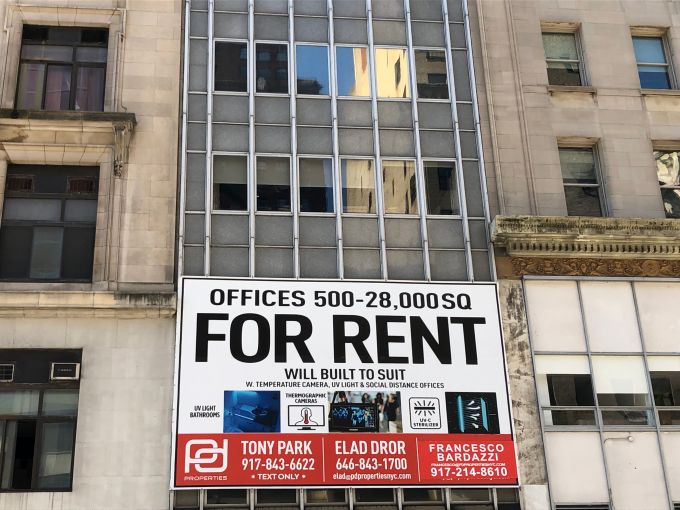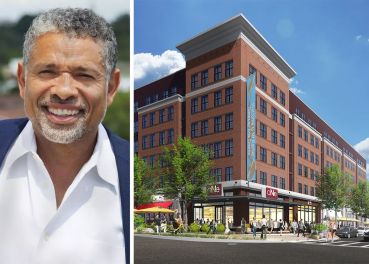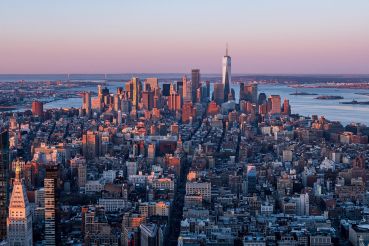Manhattan Office Leasing Still Muted, But Retailers Have Stolen the Show
By Nick Trombola April 1, 2024 1:31 pm
reprints
Office leasing activity in Manhattan remained dull in the first quarter of this year, though some big deals from retailers have helped keep the market afloat.
There was some 6.8 million square feet of leasing volume recorded in Manhattan over the past three months, a 22.9 percent drop compared to the previous quarter and a 6.6 percent decrease from the first quarter of 2023, according to a quarterly market report from Savills.
While traditional office tenants that have made up the top deals were on the sidelines last quarter, retailers have stepped up. Three of the four largest leases last quarter came from them, according to the report.
A 203,000-square-foot renewal from Michael Kors at its 11 West 42nd Street office location led the pack, followed by 170,763 square feet from Burlington Stores at 1400 Broadway and 150,703 square feet from luxury jeweler David Yurman at 200 Hudson Street.
The top deals were rounded out by law firm King & Spalding cinching a 175,513-square-foot office relocation to 1290 Avenue of the Americas. Law firms have been a bright spot in the city’s office leasing environment recently.
Despite the large retail deals, the overall availability rate, driven by a muted leasing environment and large additions of new spaces coming onto the market, rose to a new post-pandemic peak this quarter at 20.1 percent, or 94.1 million square feet of available space, according to the report. That includes nearly 1.1 million square feet coming online at L&L Holding Company and Columbia Property Trust’s $1 billion renovation of the Terminal Warehouse in Chelsea.
Subleasing activity was also notably slow this quarter, accounting for just 13.8 percent of total leasing volume.
Average asking rents in Manhattan, meanwhile, rose 0.4 percent quarter-over-quarter to $77.2 per square foot, per the report, though figures varied greatly depending on location and space type.
Three straight quarters of negative job growth for occupations that require office space also drove the dearth in activity for large spaces, as employers continue to reduce their office footprints and the return to office has reached a plateau.
Nick Trombola can be reached at NTrombola@commercialobserver.com.


